When Apple's technical consultant for China confirmed that Apple and Tencent are actively working toward a revenue-sharing agreement, they acknowledged one of tech's most intriguing power plays. This is not just another app store spat. It is a potential billion-dollar chess match that could reshape how super-apps operate inside Apple's tightly controlled ecosystem.
The stakes are huge. WeChat's mini-game ecosystem could hit 60 billion RMB, about 8.4 billion dollars, this year, one-fifth of China's gaming industry. For scale, Apple's total App Store revenue was estimated at around 25.8 billion dollars in fiscal 2023. If Tencent opens the door, mini-games alone could become a major engine for Apple's services revenue at a moment when the company badly needs new growth.
Both sides have been positioning carefully. Apple's technical consultant pointed out that WeChat is a frequently used app by customers, and the new iPhone models will not revoke the app permissions that customers have previously used normally. Translation: Apple cannot risk alienating Chinese consumers by blocking WeChat, and it still wants a slice of a revenue stream that has lived outside its commission rules.
The mini-game goldmine Apple wants to claim
Why is Apple so intent on tapping WeChat's mini-game cash flow? Start with the growth curve. WeChat's mini-games generated actual revenue of 16.603 billion yuan in the first half of 2024, up 61% year over year. That is not a blip; it is a surge.
Now, stack that with the user base. Mini-games reached 1 billion users, with 500 million monthly active users in the first half of 2024, according to an industry report. Not exactly a niche. It dwarfs many traditional mobile gaming ecosystems and keeps users locked in for hours.
Here is the kicker. If Apple implements its standard 30% commission on mini-program transactions, it could add nearly 15 billion RMB, about 2 billion dollars, in incremental revenue. That matters because Greater China sales have fallen year over year for four straight quarters, and the iPhone is losing share to Huawei and Xiaomi. In other words, fresh services revenue is not optional.
There is a longer arc, too. App Store revenue is roughly 30% of Apple's Services revenue, so bringing mini-games into the fold would help keep that segment humming.
Why WeChat's ecosystem challenges Apple's control
Here is the platform twist. WeChat's mini-program ecosystem functions like an alternative app distribution platform. That challenges Apple's role as iOS gatekeeper.
Mini programs are sub-apps inside WeChat that cut development costs and run without downloads. Tencent has effectively built a parallel app world inside iOS that dodges many of Apple's usual toll booths. A clever power move.
It gets tougher for Apple. WeChat's mini programs have the most monthly active users among Chinese app platforms and host exclusive services not found on the App Store. So this is not just games. It is everyday services, all inside WeChat, a walled garden inside Apple's garden.
History shows how hard this is to police. When Apple tried to take 30% on WeChat's "reward the author" feature, WeChat pushed back and disabled it for all iOS users. Few companies can flip that switch on Apple.
The negotiation dynamics and what's at stake
Both sides have leverage, and both need a deal. Tencent's Chief Strategy Officer James Mitchell said talks are ongoing and voiced hope for a "win-win". The fine print matters, since Tencent will only proceed under "economically viable and fair conditions," language that signals they will not accept boilerplate terms.
Apple's motivation goes beyond skimming commissions. Services growth is crucial as hardware softens in China. The company has a reputation for rigidity, and the 30% commission has never been successfully challenged. When Mihoyo tried to route around it, the apps returned only after removing the payment feature. WeChat, however, is a different beast.
The hard part is implementation. In mini-games, WeChat links to the web and allows external payment services. Apple wants Tencent to block these so it can earn money. Apple also wants to completely ban in-game messaging, which is also used for this purpose. Tencent calls that too drastic.
Those demands would change how WeChat feels to users. Apple wants to close revenue leaks, while Tencent wants to keep the seamless, everything-in-one-place experience that makes WeChat a daily habit.
And WeChat's central role is hard to ignore. The service functions as a central application for Chinese users, handling everything from communication to payments to government services, used for appointments with companies and authorities, and for QR payments at most stores. With that kind of gravity, Apple is likely to be more flexible than usual.
Looking ahead: A deal that could reshape super-app economics
The ripple effects could travel far beyond games or even China. The dispute shows how a super-app can build its own walled ecosystem and challenge Apple's dominance in app distribution and transactions. The broader question is simple. Can super-apps run mini app stores inside someone else's platform and still play by that platform's rules?
Money sharpens the point. Advertising from mini-games makes up 15% of WeChat's total revenue, and Tencent does not monetize mini-games on iOS via in-app transactions today. Crack that open, and new income streams fall into place for both sides.
How big could it get? The estimated incremental revenue from WeChat mini-games in 2025 due to commission arrangements could reach 10 to 20 billion yuan. For a sanity check, if a mini-game did even half of Tencent's Dungeon & Fighter Mobile in its first month, 500 million dollars, a 30% cut would be just shy of 1 billion dollars in annual sales.
Regulators are watching. Apple faces antitrust scrutiny from the U.S. Department of Justice and the European Commission over App Store practices. In Europe, it has already adjusted policies after lawsuits and fines, including a 1.8 billion euro penalty. How Apple handles WeChat could become a template for future super-app deals where pressure to loosen control keeps rising.
Bottom line, this is bigger than a contract between two giants. It is a live test of how platform gatekeepers adapt to super-app ecosystems that refuse to fit the old mold. With billions on the line, market share at risk, and regulators peering over shoulders, the outcome could reset how platforms and super-apps coexist. I would bet they reach a deal. The more interesting part is what rules of the road apply to everyone else.




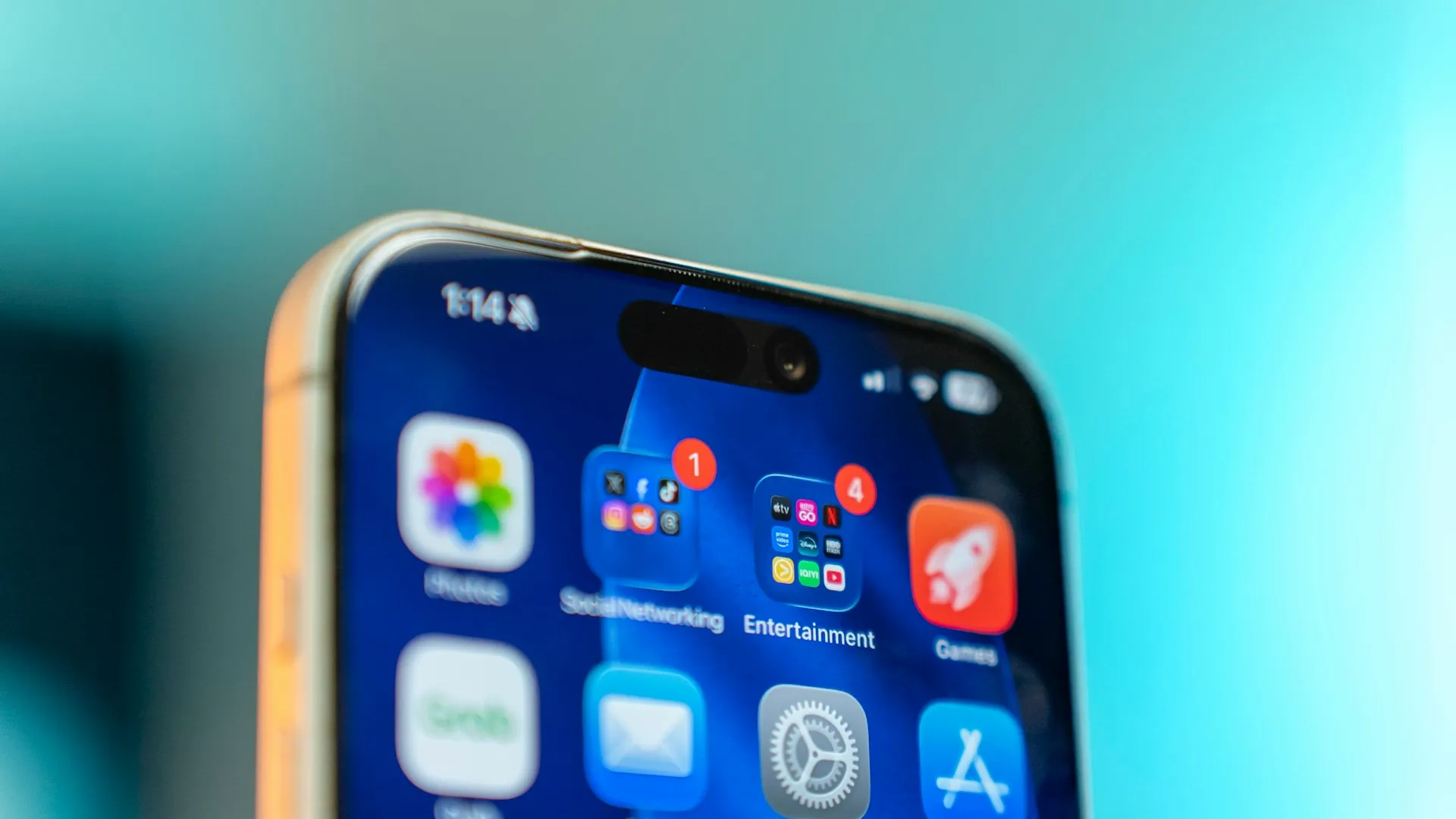


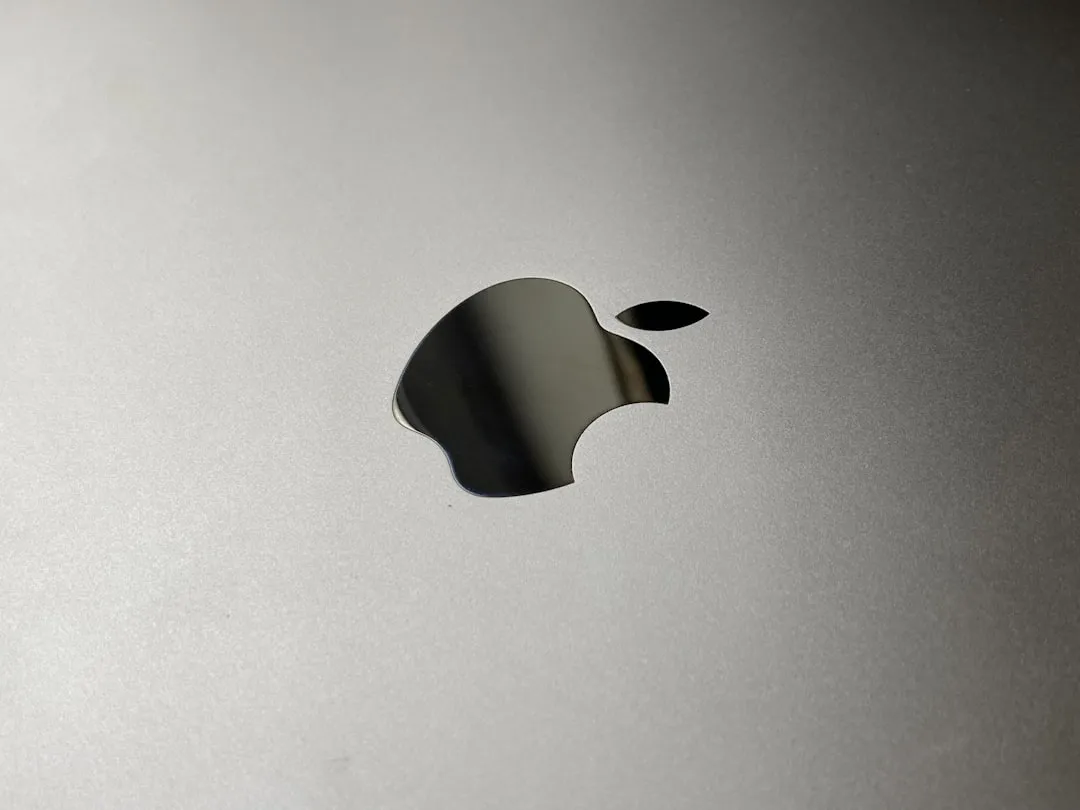

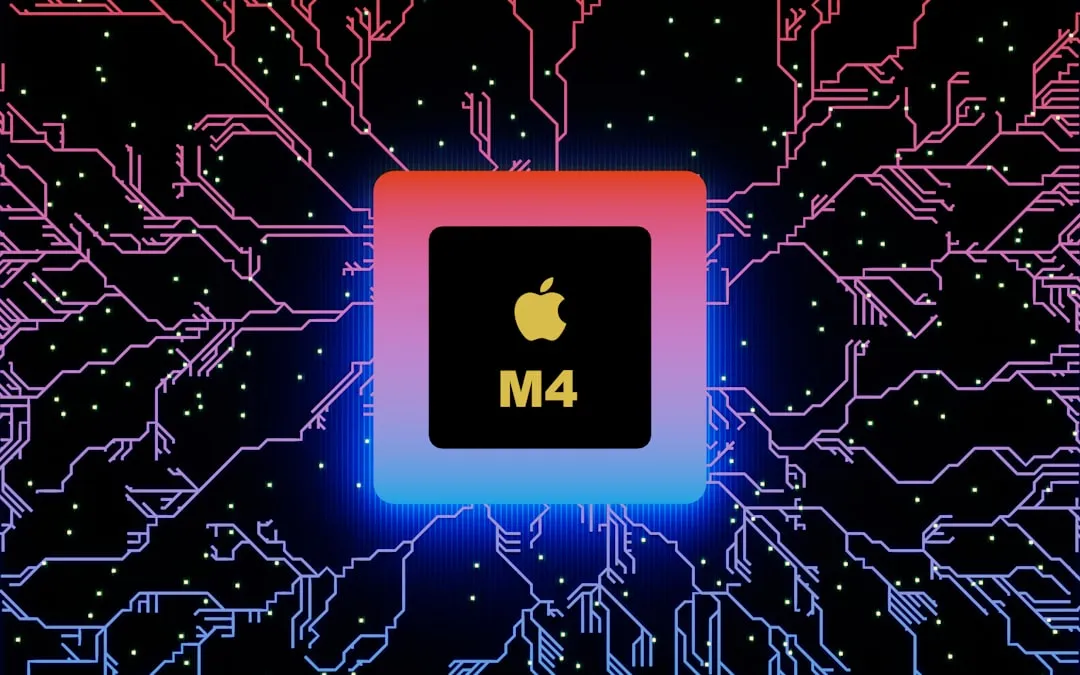




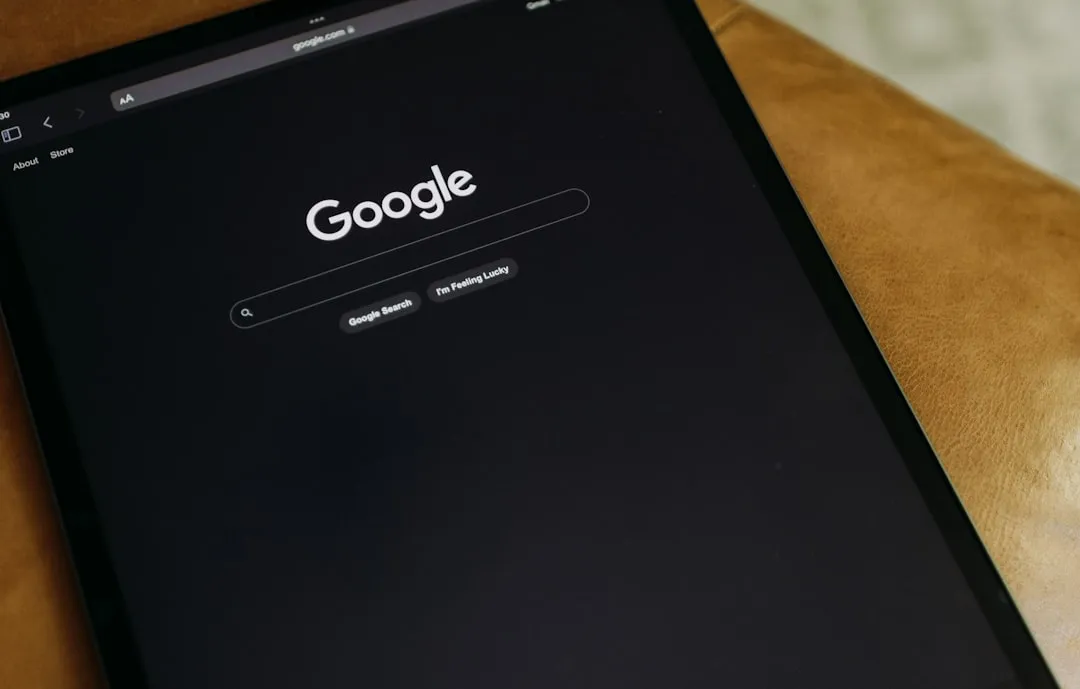

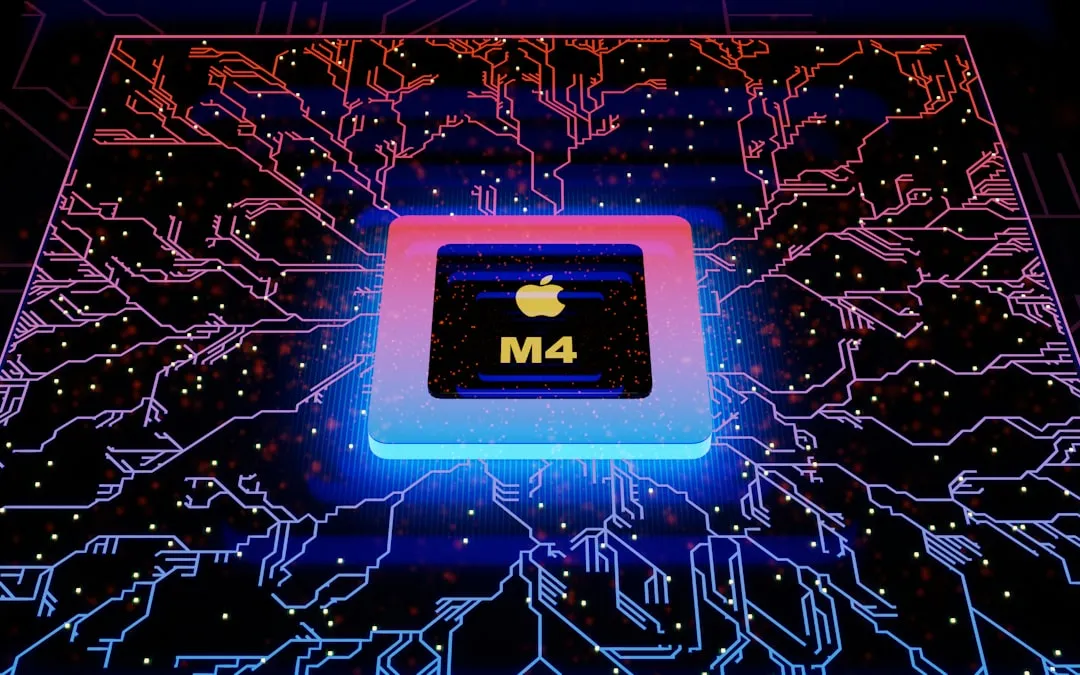

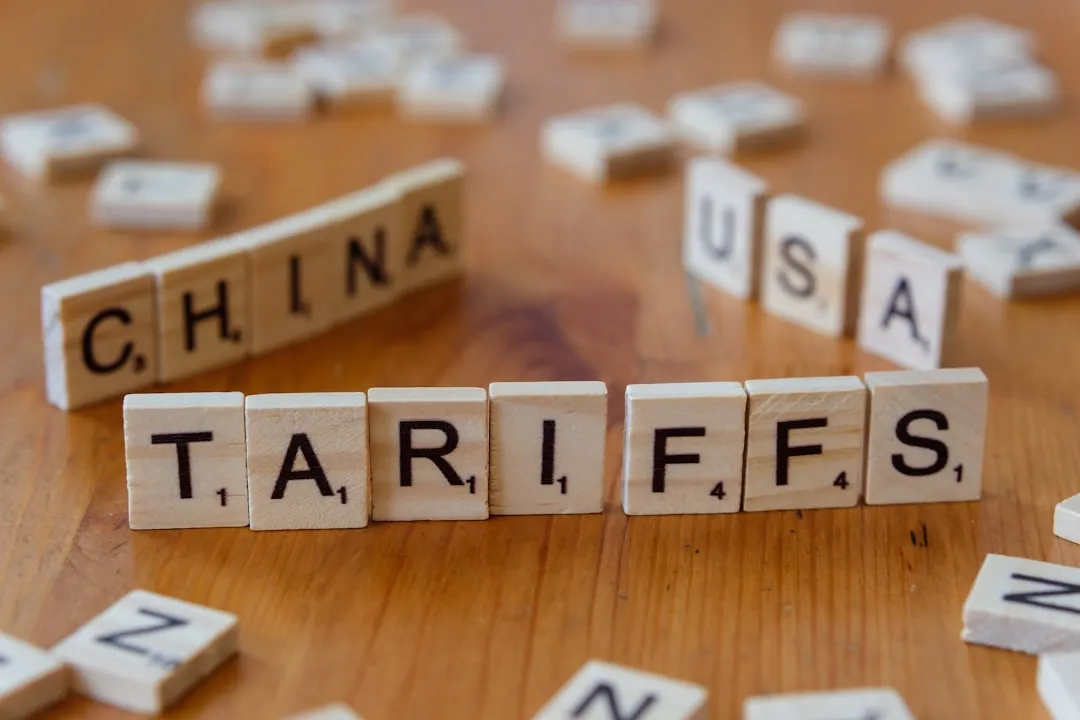
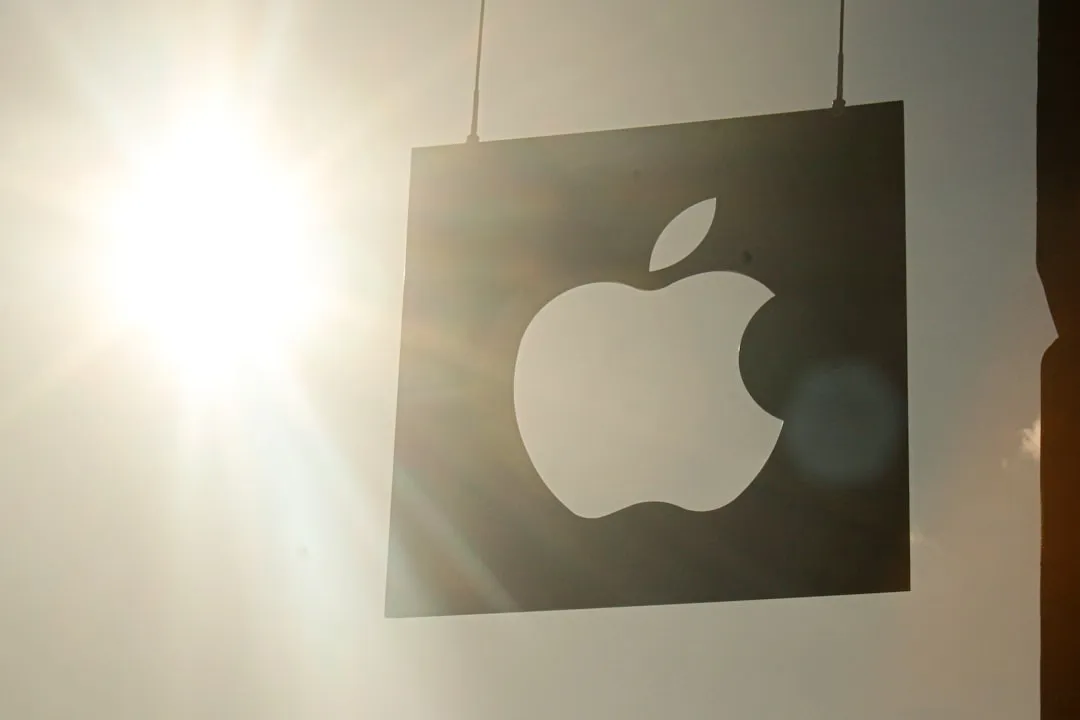
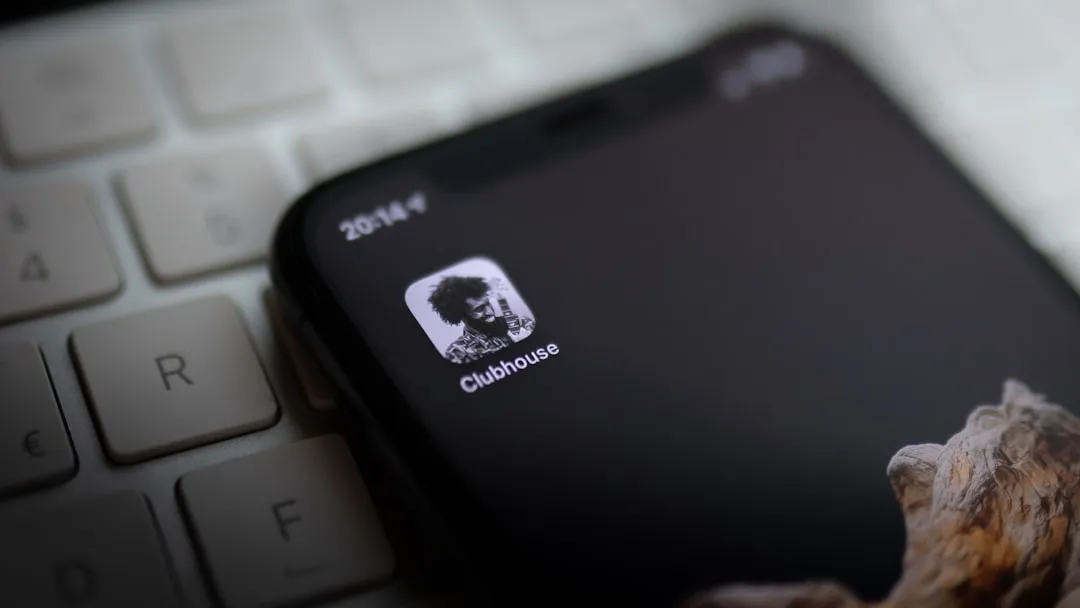


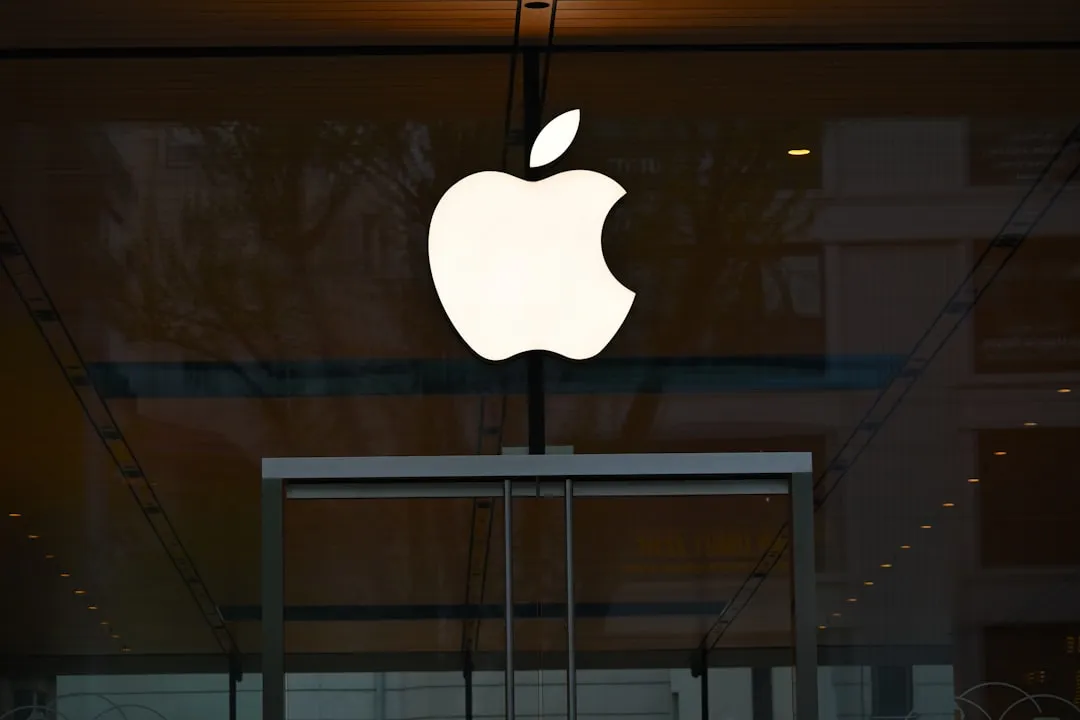

Comments
Be the first, drop a comment!